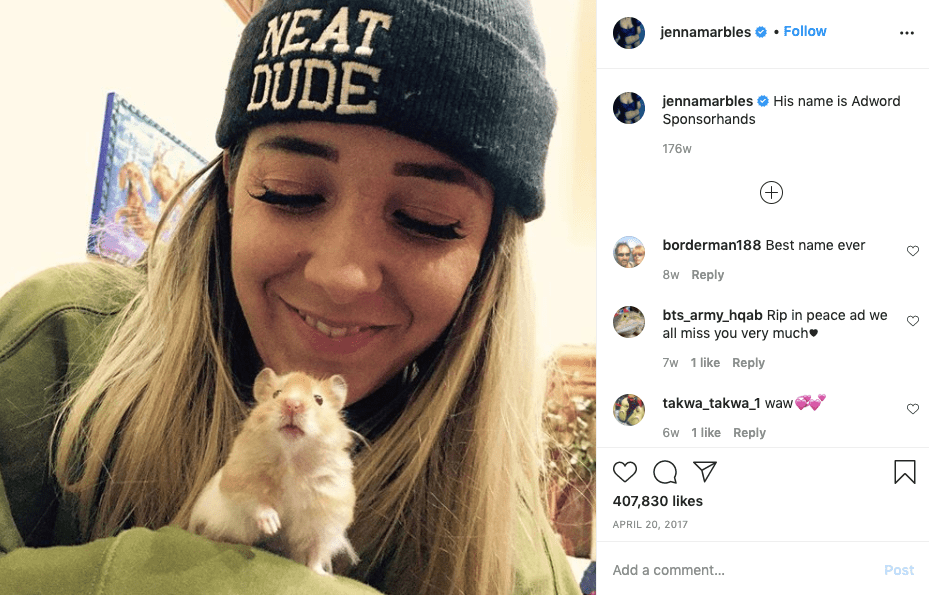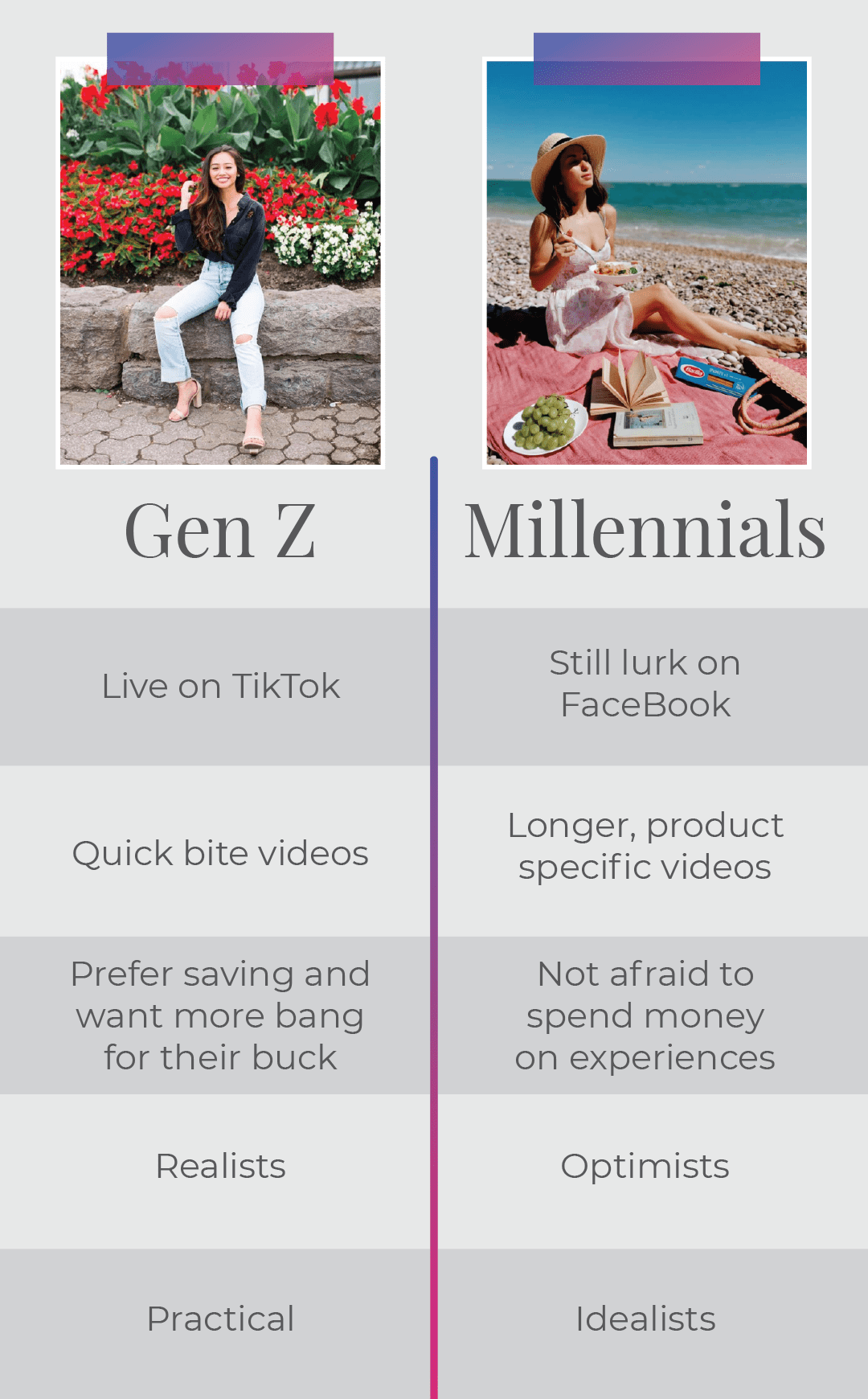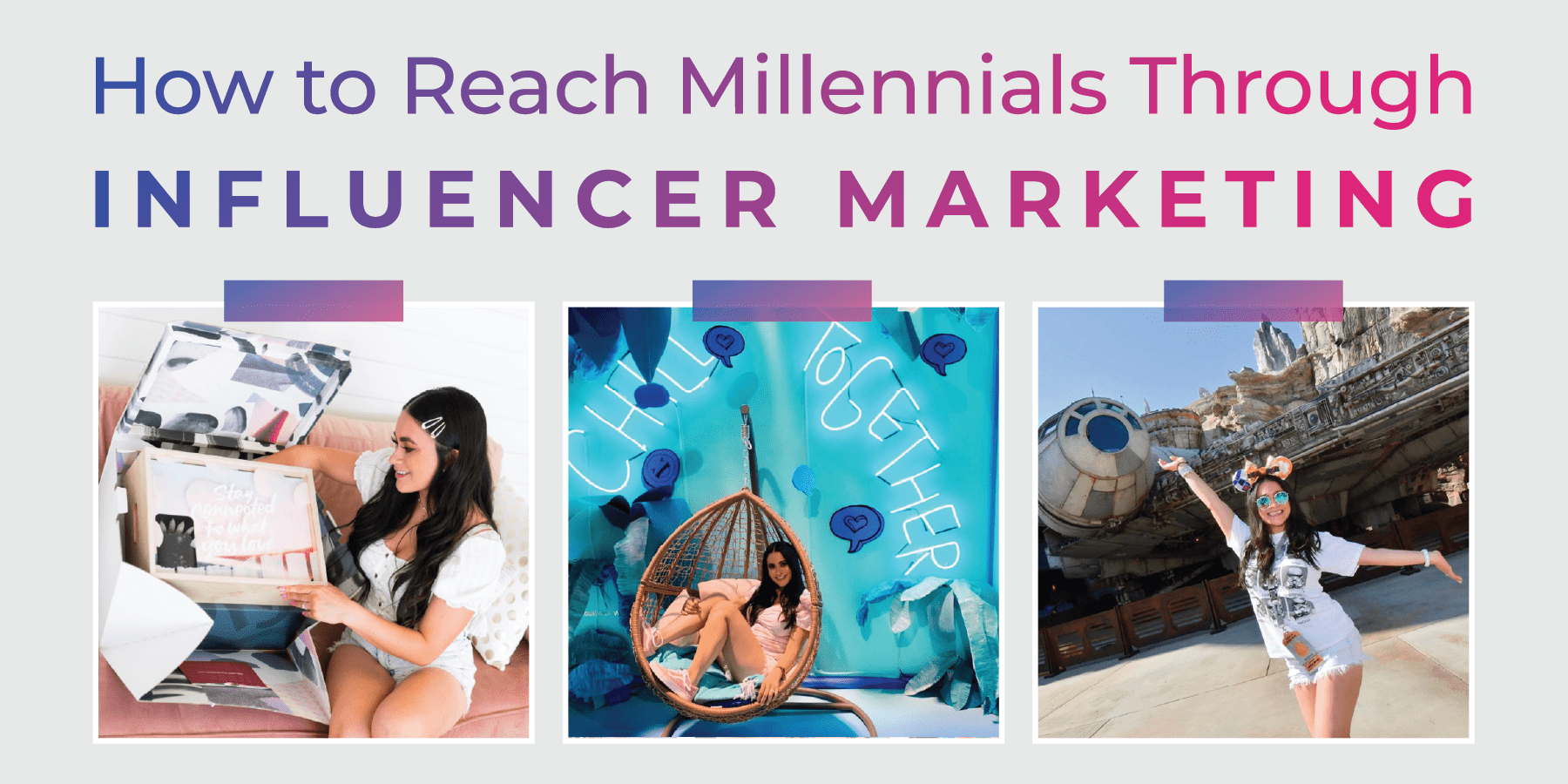In a 2013 Time article, Gen X author Joel Stein famously branded Millennials as the “Me Me Me generation” filled with “entitled narcissists who still live with their parents.” At the time, when you thought of Millennials, you thought of selfies, social media, and self-absorbedness. But, as it turns out, there’s so much more to Millennials than meets the eye.
Millennials came of age in between two very different eras: they had both landlines and the internet, VHS tapes and social media. Suddenly, every aspect of their lives was up for discussion, from what they ate to topics previous generations kept private.
Life for Millennials wasn’t always about praise and the pursuit of happiness. Just as they were leaving home and forging their own path, the 2008 recession hit. They were forced to move back home, barely keeping up with their student loan payments. The ripples of this are still evident today as marriage, children, and even home/car ownership are happening later in life for them compared to previous generations.
So, what is a generation constantly at the center of technological shifts and financial ruin to do? Well, Millennials have turned to caring unapologetically about themselves and prioritizing what makes them happy. Job satisfaction and enriching life experiences are at the top of Millennials’ priorities. In a study conducted by Eventbrite, 76% of Millennials said they would rather spend on experiences than on material things while 59% of boomers feel that ownership is happiness.
Influencer Marketing For Millennials
As the generation that basically birthed the concept of a social media influencer, it’s no surprise that Millennials prefer them over traditional marketing. This was the first generation to move away from traditional media consumption, with many Millennials cutting the cord and switching to the internet for both entertainment and information. In fact, 84% of Millennials did not like nor trust traditional marketing efforts.
Instead, Millennials trust social influencers because they perceive them as real and authentic. Compared to celebrity endorsements that were popular with older generations, Millennials love that influencers feel like friends sharing their lifestyle. 70% of Millennial YouTube subscribers relate more to creators than celebrities, and 4-in-10 say creators understand them better than friends.
Influencer marketing is a complete contrast from the interruptive advertising strategies that were the norm online just a few decades ago. When social platforms grew in popularity, users became accustomed to consuming content exactly how and when they wanted it. Interrupting content with pop-ups and non-skippable ads was an annoyance to the audience so marketers adapted to a new model that benefits consumers who prefer on-demand content. Influencer marketing became successful because it allowed brands to advertise in a way that, when done well, blended seamlessly with their audience’s social feed without the need for interruptions.
For brands wanting to reach Millennials, the question is not whether to use an influencer marketing agency or not, but how:
- Authenticity: A study found that almost half (49%) of surveyed Millennials said that an influencer’s relatability drives their purchases. Social campaigns should accommodate the influencer’s style and way of reaching their audience. The final product must aim to be as similar to an influencer’s organic post as possible.

Jenna Marbles has pioneered the influencer marketing industry by posting relatable content that is raw and unedited.
- Context: When planning an influencer marketing campaign, marketers should think about how their brands fit into the influencer’s lives. Gone are the days of celebrities with thousand dollar hair holding a bottle of drugstore shampoo. The best influencer #ads feel like the influencer would use this product regardless of sponsorship.
- User-generated content: Millennials came of age in a world that pushed them to create content to stay connected with their communities – use this to your advantage. Posts that are interactive and inspire Millennials to create and share their own content with their friends do well with engagement and buzz.
Millennials vs. Gen Z: Differences You Need to Know
Gen Z has recently taken to TikTok to jokingly mock Millennials, and clarify that they do not wish to be grouped with this generation. And, they have a point. Millennials and Gen Z do share similar viewpoints when it comes to trust, authenticity, and influencer marketing opportunities. However, these two generations must be approached differently.

Interested in reaching a Millennial audience through social media influencers? Contact us for the best influencer marketing strategy

